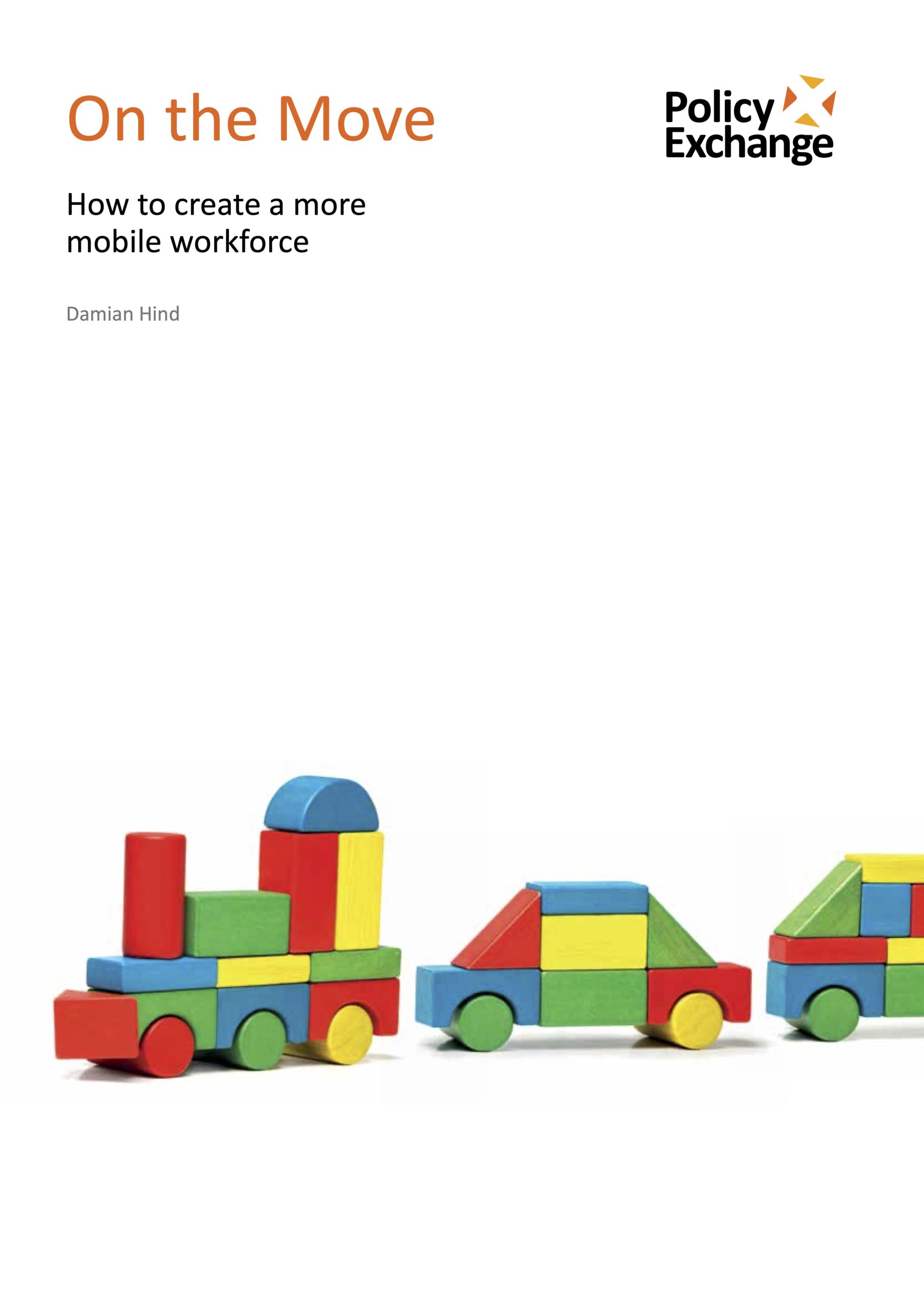
On the Move: How to create a more mobile workforce
Making it easier for people to commute twenty minutes further would put them in touch of at least one major urban area and potentially 10,000 more job opportunities.
A new report, On the Move, says that in a third of local authorities that make up the eight city regions no major employment sites (defined by having 5,000 or more jobs) are within a twenty minute commute by public transport and 80% of these Local Authorities have an unemployment rate above the national average.
The report says that making it easier for people – especially those on low incomes – to commute a further twenty minutes each way would put them within touch of two or more major employment sites, and potentially 10,000 more jobs. An extra twenty minutes would double the average commute but the attraction of better jobs and higher wages, the report says, would be a reason to travel further. Someone living in Rochdale or Oldham, for example, would be in reach of thousands of more jobs if they extended their commuting time by just twenty minutes each way, reflecting their proximity to central Manchester.
The report puts forward a number of proposals for improving access to major cities:
- Offering tax benefits to commuters who use ride-sharing schemes and free parking in city centres for car sharing.
- The introduction of part-time rail tickets to reduce the fares for commuters who travel to work 3 or 4 days a week.
- The devolution of rail franchises to local transport bodies in city regions to encourage the spread of smart ticketing, and transferring responsibility for London’s suburban commuter services to Transport for London.
- Devolving the commercial bus subsidy to local government to improve routes and bring down fares.
The research also shows that smaller isolated cities and coastal towns, such as Blackpool, Hartlepool, Grimsby and Hastings cannot access any major employment centre within either a twenty or forty minute public transport journey. These places struggle with persistently high unemployment and are effectively cut off from opportunities elsewhere. Personalised welfare budgets and relocation packages to incentivise the best teachers to work in their schools, the report says, can help people who live in these areas access jobs further afield.

